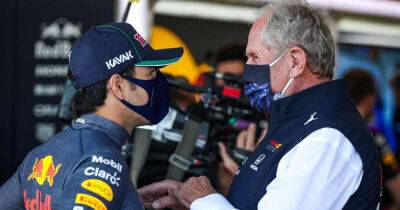Europe Day: What is it and what does it represent?
Every 9 May, Europeans celebrate Europe Day, a commemorative occasion that honours the starting point of the continent's political and economic integration, and the peace achieved as a result of the decades-long collective effort.
The celebration traces back to 1950, when Robert Schuman, then-French minister of foreign affairs, delivered his landmark declaration proposing that France and Germany -- two nations with a long and bloody history -- join their coal and steel production.
With this in mind, Schuman intended to accelerate the modernisation of both countries after the economic devastation and human carnage of World War II and to avoid a potential race of unfair competition.
By turning such critical industries so inextricably intertwined, the French minister had a higher goal: to make a new war materially unworkable.
"The solidarity in production thus established will make it plain that any war between France and Germany becomes not merely unthinkable, but materially impossible," Schuman said, while reading his declaration in the Salon de l'Horloge at the Quai d'Orsay in Paris on 9 May 1950.
Notably, Schuman left the door opened for other countries to come on board and achieve a genuinely united Europe -- an ambition pursued during the inter-war period that collapsed under the weight of national interests.
Schuman's pitch proved successful. West German Chancellor Konrad Adenauer said yes almost instantaneously.
A year later, on 18 April 1951, representatives from France, Germany, Italy, Belgium, the Netherlands and Luxembourg signed the Treaty of Paris and established the European Coal and Steel Community (ECSC), a pioneering organisation based on the principle of supranationalism.
Under the ECSC, nation-states began to







